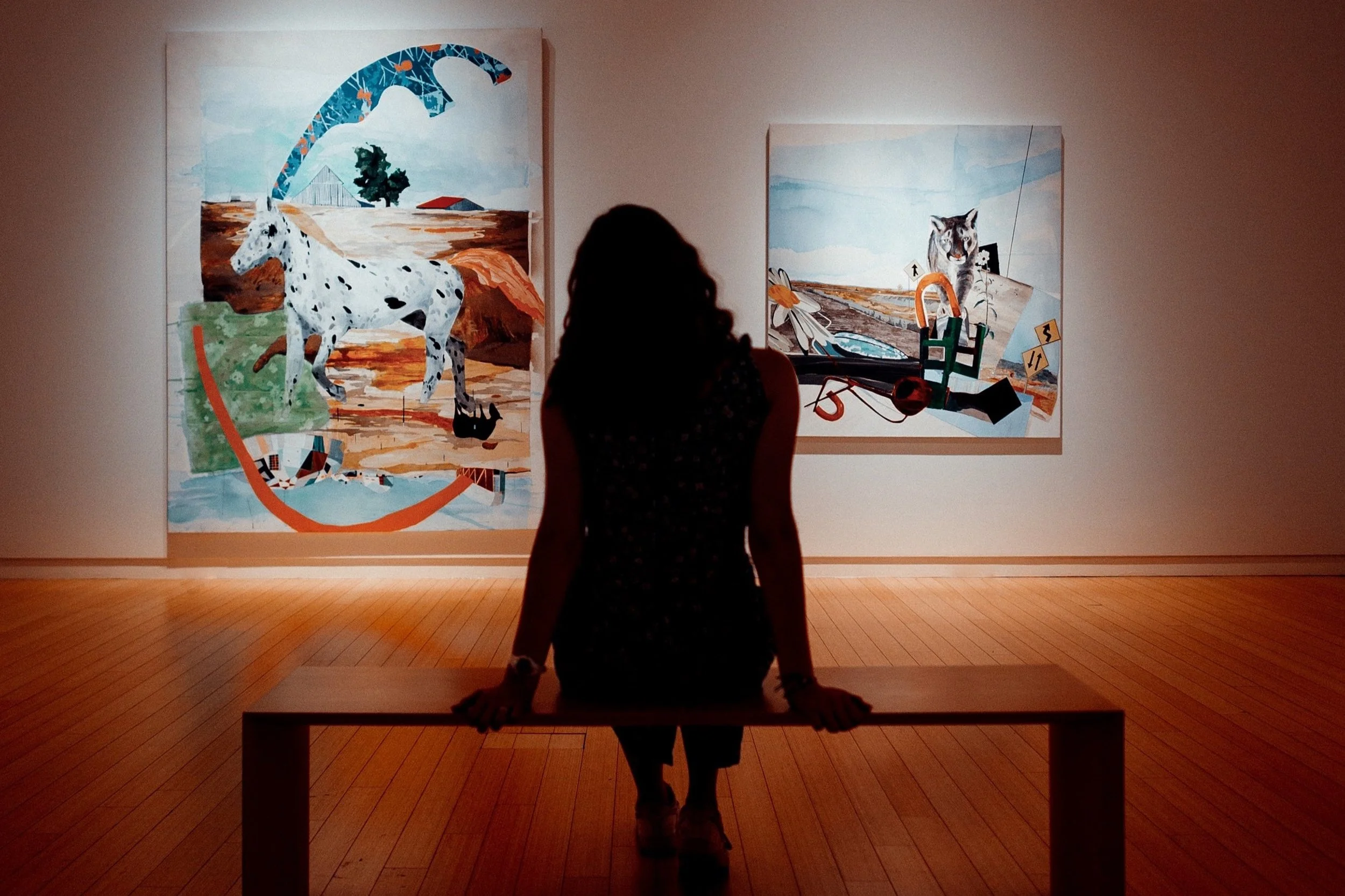The Vagina Museum
What is it: The world’s first bricks-and-mortar museum dedicated to what have often been the unmentionable parts of a woman’s body.
What you need to know: Now in its starter space in Camden Market, The Vagina Museum has serious ambitions — the hope is for a permanent larger space in the next couple of years — and serious credentials — founded by science communicator Florence Schechter with sex tech entrepreneurs and gynecologists alongside global health specialists on hand to advise. Get over the titillation/gawping/shock factor (of which there is very little – this is not the vibe) and you are down to vital questions around gender and sexuality, feminism and equality, health and reproductive rights. With exhibits like Muff Busters and Periods that go straight to the taboos, The Vagina Museum takes on what we think we know about women’s bodies and what we actually need to know.
Why you’ll love it: A lot is going on down there and as women, we know there are impacts that go beyond biology (hopefully some of our menfolk know that too now). The mission statement in itself has us excited from raising awareness of gynecological health through to ‘challenging heteronormative and cisnormative behaviour.’
Why we think it’s different: Come on, it’s a museum about women’s bits, about vulvas and vaginas, and the other parts that gynecologists rather than the museum-going public are more acquainted with (though let's face it half of us have them so there’s a contradiction there).
Women’s bodies have been horrifically and frustratingly relegated. Men’s bodies have been used as the standard for modern medicine, women take medicines constructed with the male anatomy in mind, women’s pain is often minimized, we even have longer waiting times in A&E, students are only now learning about menopause along with sex education in schools, and serious mental health symptoms are often put down to gender-biased ideas of hysteria, anxiety, and emotional spirals. Also, there has been a 500% increase in vagioplasty between 2002 and 2012, period poverty still affects thousands of women and girls worldwide, and 200 million women and girls globally have undergone female genital mutilation. We could sadly go on and on.
But for now, let’s add to that list: that many of us who identify as women can point to moments when our own experience of our bodies and minds weren’t taken seriously and understood in ways that could have helped us see a way through and got us the help we needed.
Get beyond saying Vagina, and you get to some of the starkest issues facing women today.
How to bring this into your life: Severely impacted during the spring lockdown, The Vagina Museum has just completed a successful crowdfunding project to reopen in October. To continue their work and continuing operations, you can support them through the online store. Their FAQ’s also has one of the best guides as to the difference between vulvas and vaginas that we’ve read for a while (maybe even ever) if you need an anatomy refresher.
In their own words: “The aim of the Vagina Museum is to destigmatise the vagina, vulva and gynaecological anatomy. Through destigmatisation comes empowerment for all people with vulvas. …. feminism has fought very hard to have women viewed as something other than objects, as people and not just sex objects or baby vessels. Objectification of women is wrong. But for many people, their vagina is a part of their identity and directly affects their lives. It is one part of a greater whole that makes the person. By shutting down discussions about vaginas, it makes it difficult to address issues that are directly related to them like FGM and sexual violence. That must end and the first step is by acknowledging that vaginas exist and they deserve respect.”
To find out more: Website / Facebook / Instagram / Twitter
If you’ve visited The Vagina Museum or you know of other places that look at a healthy connection between women’s minds and bodies let us know about it. Things change all the time and we want to make sure we’re bringing you the most up to date information and the latest places.






